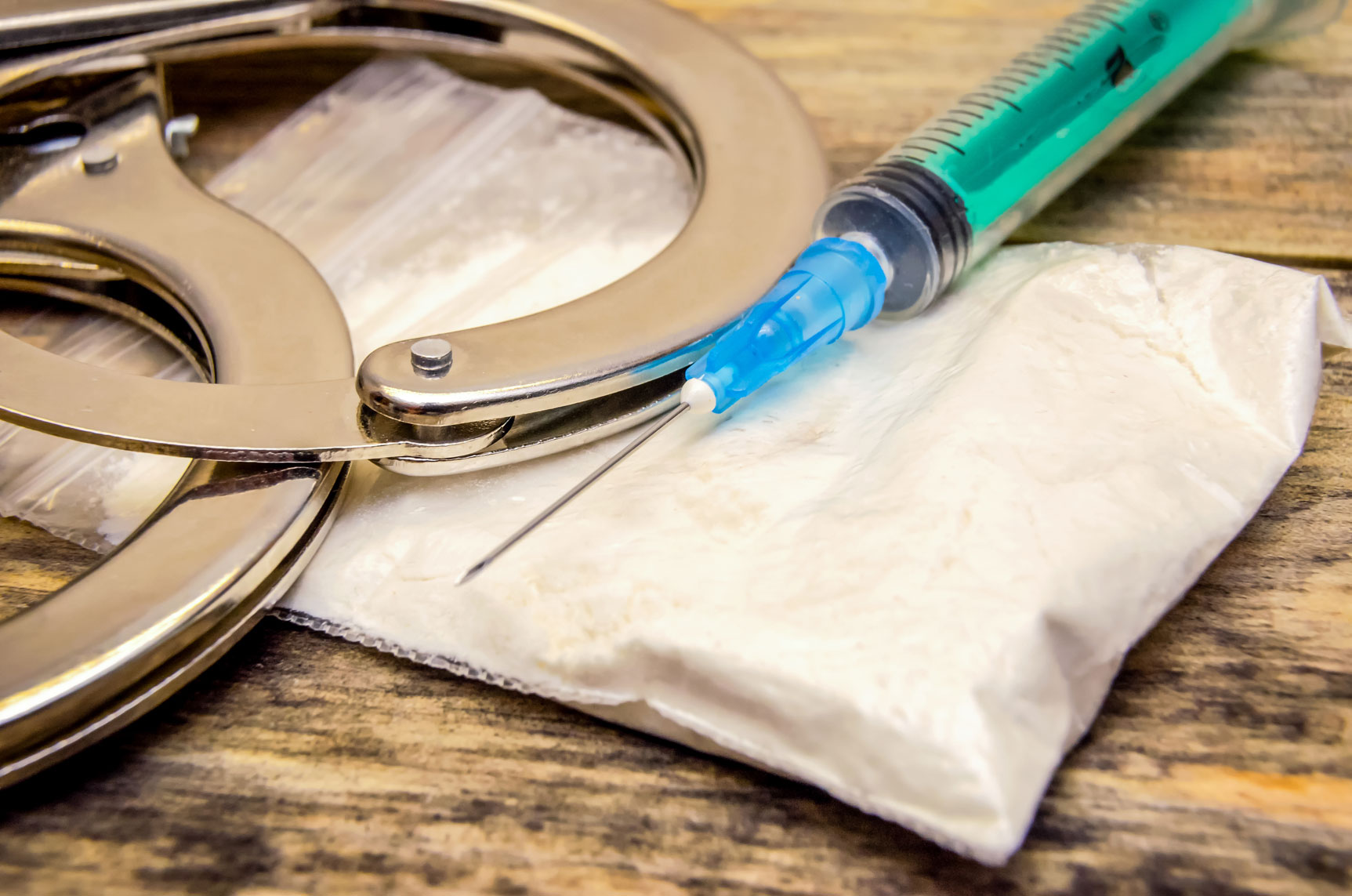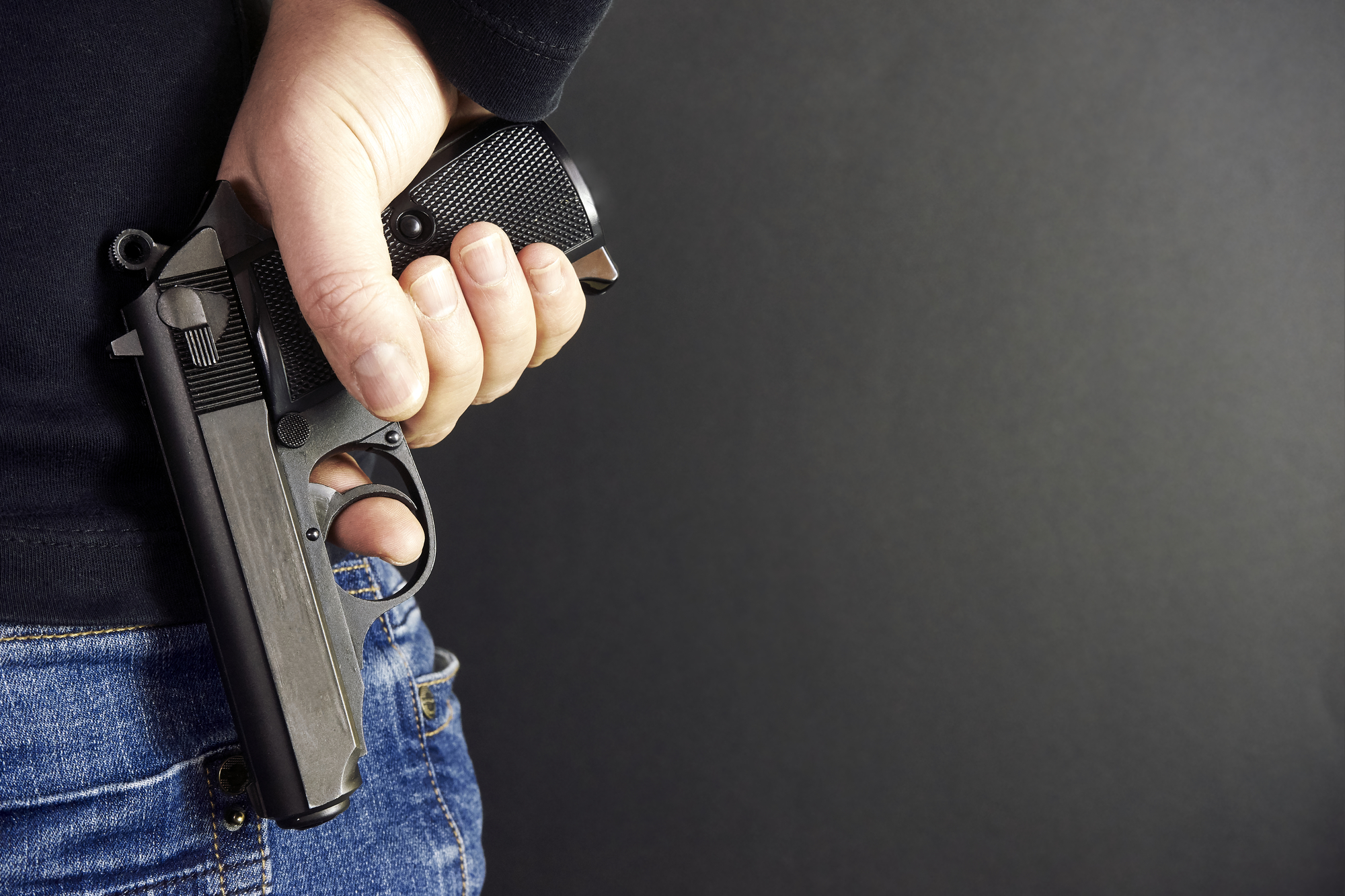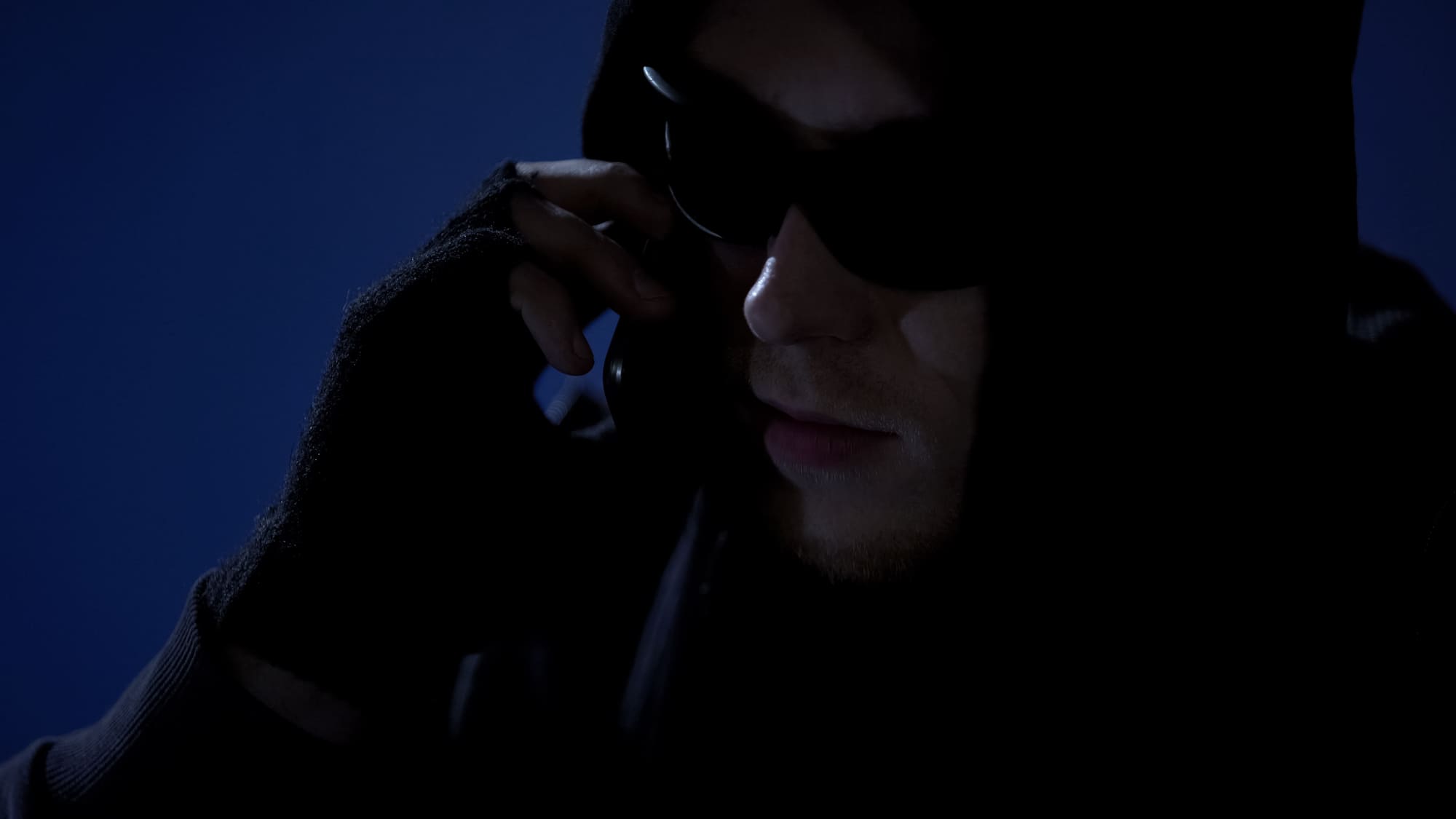If you or a loved one find yourselves in a difficult situation, we understand the urgency and stress that comes with it. At Angels Bail Bonds, we specialize in providing the support and assistance needed to secure bail for felony drug possession charges.
Learn the basics about the bail process for a felony drug possession charge, and then contact Angels Bail Bonds today. Let us be your trusted partner in navigating the bail process for felony drug possession charges. We are here to help you regain your freedom and prepare for your legal journey.
What is bail?
Bail in California refers to the amount of money or property that a defendant or their surety (a person responsible for the defendant’s appearance in court) must deposit with the court to secure the defendant’s release from custody while awaiting trial.
The purpose of bail is to ensure that the defendant appears in court for all scheduled hearings and does not flee before the trial. A bail schedule or table determines bail amounts, but a judge can deviate from the schedule based on various factors, including the severity of the offense, the defendant’s criminal history, and if the defendant is a flight risk. If the defendant fails to appear in court, the bail is forfeited, and a warrant may be issued for their arrest.
What are bail bonds?
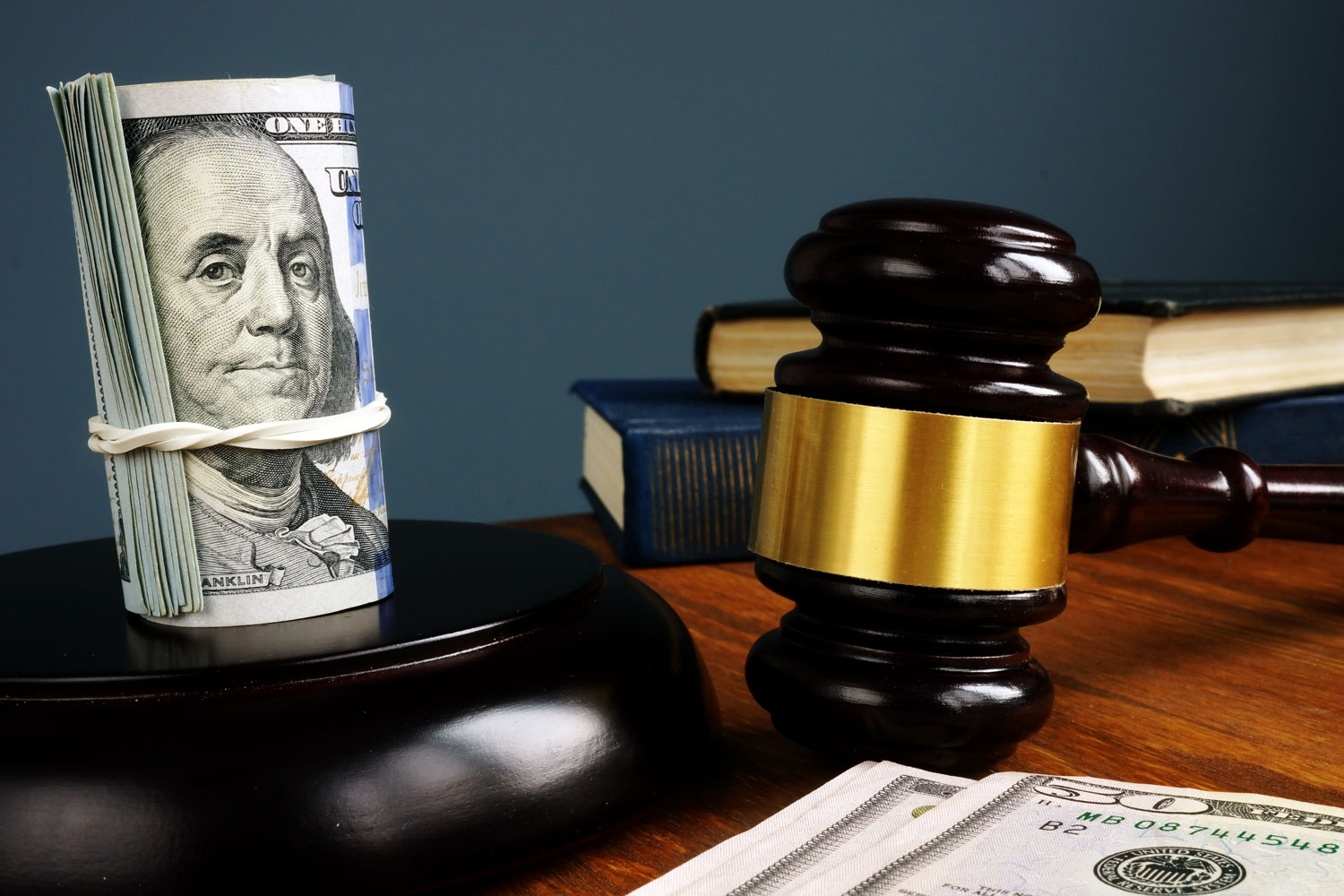
When you find yourself in a situation where you can’t afford to pay for your bail, bail bonds might be the solution for you. A bail bondsman, who a bail bond company employs, will charge you a fee in exchange for providing the payment. Bail bond companies in California charge only 10% of the total bail amount to post-bond for a defendant. So, if the bail amount is $20,000, the bondsman will charge $2,000 instead of the full amount. While this may still seem like a lot of money, it’s much more affordable than paying the entire bail amount, especially on extremely high bail amounts for some serious felonies.
Those rates can be as high as 20% for some immigration and federal charges because these rates are set by law, and all bail companies must charge the same amount. Despite the costs, using a bail bondsman can be a lifesaver for those who cannot afford to be released from custody on bail.
What happens at a bail hearing?
The amount of bail is normally set at the person’s initial court appearance, often known as the arraignment stage or pre-trial detention. A judge can either release a person on their own recognizance (OR) with a promise to appear in court at a later date or deny their OR and impose bail.
If the charges are infraction offenses or even some misdemeanor offenses—such as a DUI with no accident injuries or significant property damage— the person will usually be released without bail after being arrested. More serious felony charges, like assault with a deadly weapon or even murder, will not have OR as an option and will only be released from custody on bail.
You must pay the bail amount or post a bail bond on the bail schedule. An arresting officer might ask for a higher bail amount than what the bail schedule suggests.
What Factors Influence a Defendant’s Bail Amount?
The bail bond process starts when a defendant is in front of a judge to determine bail. Then several factors are put into play, including the severity of the crime, criminal history, whether the defendant is a flight risk, community ties, financial resources, their potential danger to public safety, and even mental health are considered when determining bail amount.
The bail schedule further gives guidance for all criminal charges, with the judge having some leeway in the specific amounts, as mentioned. And even if they’re allowed out on bail, the defendant might have to be placed under house arrest, be prohibited from owning any deadly weapons, or placed under electronic monitoring.
Have You Been Charged With Criminal Felony Drug Possession HS 11350?
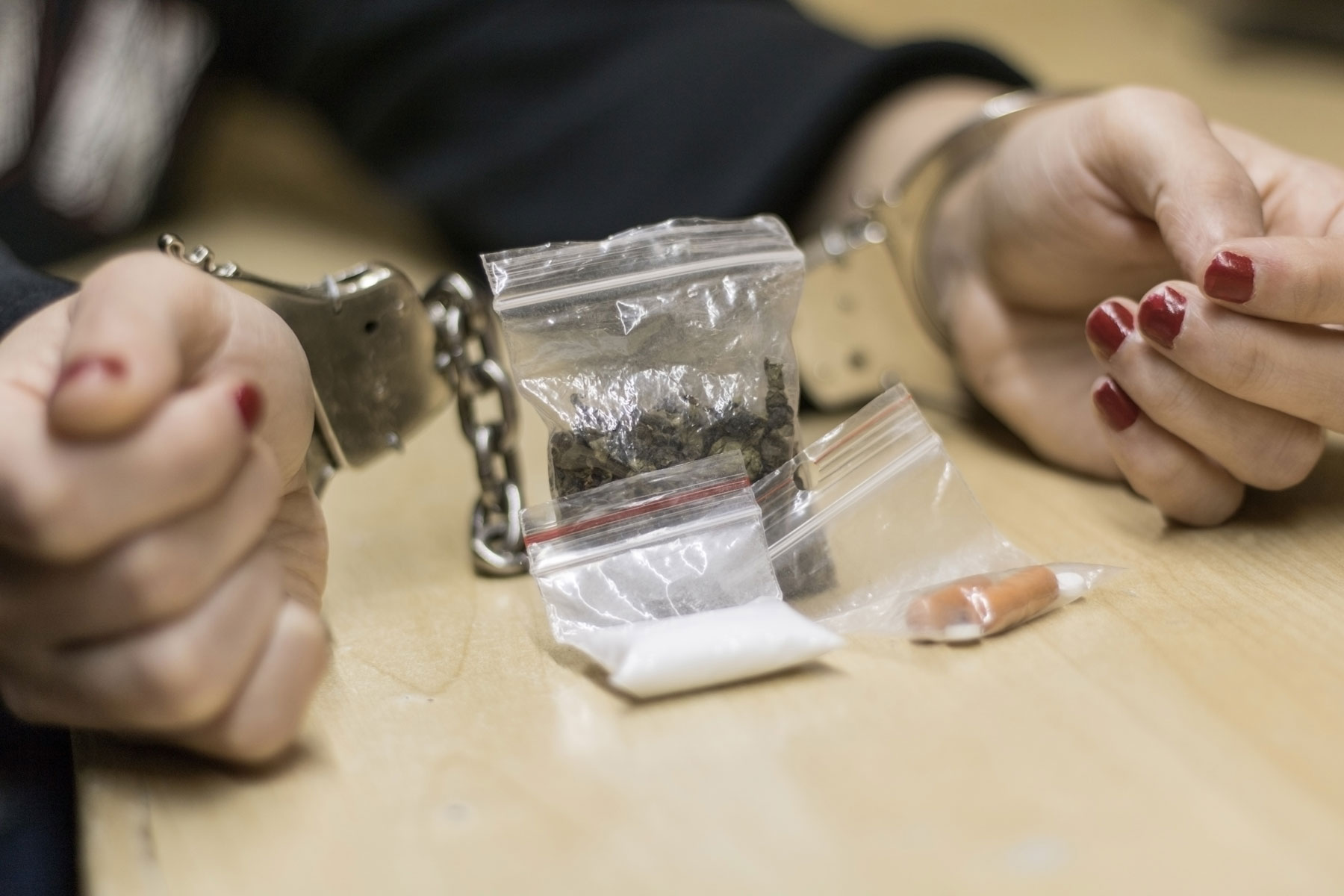
If you’ve been charged with a criminal offense like a felony drug possession, you or a loved one must contact the experts at Angels Bail Bonds immediately. Our team of bail bondsmen and criminal defense lawyers provide assistance during pre-trial detention at no extra cost, including nationwide.
What is Felony Drug Possession?
Drug possession is made a crime through the California Health and Safety Code, Article 1, Section 11350. It states that “except as otherwise provided in this division, every person who possesses[…]any controlled substance[…]unless upon the written prescription of a physician, dentist, podiatrist, or veterinarian licensed to practice in this state, shall be punished by imprisonment in a county jail for not more than one year.”
The severity of the crime depends on the quantity of the drug (and whether it was a usable amount or not) or controlled substance, the type of controlled substance (whether it was a prescription drug or something more serious like cocaine), what you intend to do with the drug, and other circumstances.
Controlled substances are classified into five different schedules according to federal and California law. Some prescription drugs will only give you problems if you don’t have a proper prescription, but some substances are illegal drugs in any circumstance.
These are the classification of controlled substances under federal law, from highest risk to lowest:
- Schedule I: This category includes drugs that have a high potential for abuse and have no accepted medical use in the United States. Examples of Schedule I substances include heroin, LSD, ecstasy, and marijuana, although this varies by state, and California has legalized both medical and recreational use of the drug. These drugs are considered to be the most dangerous and strictly regulated.
- Schedule II: Drugs in this category have a high potential for abuse but have some accepted medical uses with severe restrictions. Examples include cocaine and opioids such as fentanyl, oxycodone, and methadone. Schedule II substances may lead to severe physical and psychological dependence if misused.
- Schedule III: Substances in this category have a lower potential for abuse compared to Schedule I and II drugs and have accepted medical uses. Examples include certain barbiturates, anabolic steroids, and some stimulants like ketamine. Although they have a lower risk of dependence, abuse of Schedule III substances can still lead to moderate to low physical or psychological dependence.
- Schedule IV: Drugs in this category have a lower potential for abuse than Schedule III substances and have accepted medical uses. Examples include benzodiazepines like Xanax and Valium, as well as some sleep aids and muscle relaxants. These drugs have a limited risk of dependence compared to higher schedules.
- Schedule V: This category includes drugs with the lowest potential for abuse compared to the other schedules and have accepted medical uses. Examples include over-the-counter medications that contain limited amounts of codeine, such as cough syrups. Schedule V substances have the lowest risk of dependence but are still regulated due to their potential for misuse.
Is simple possession of marijuana in California legal?
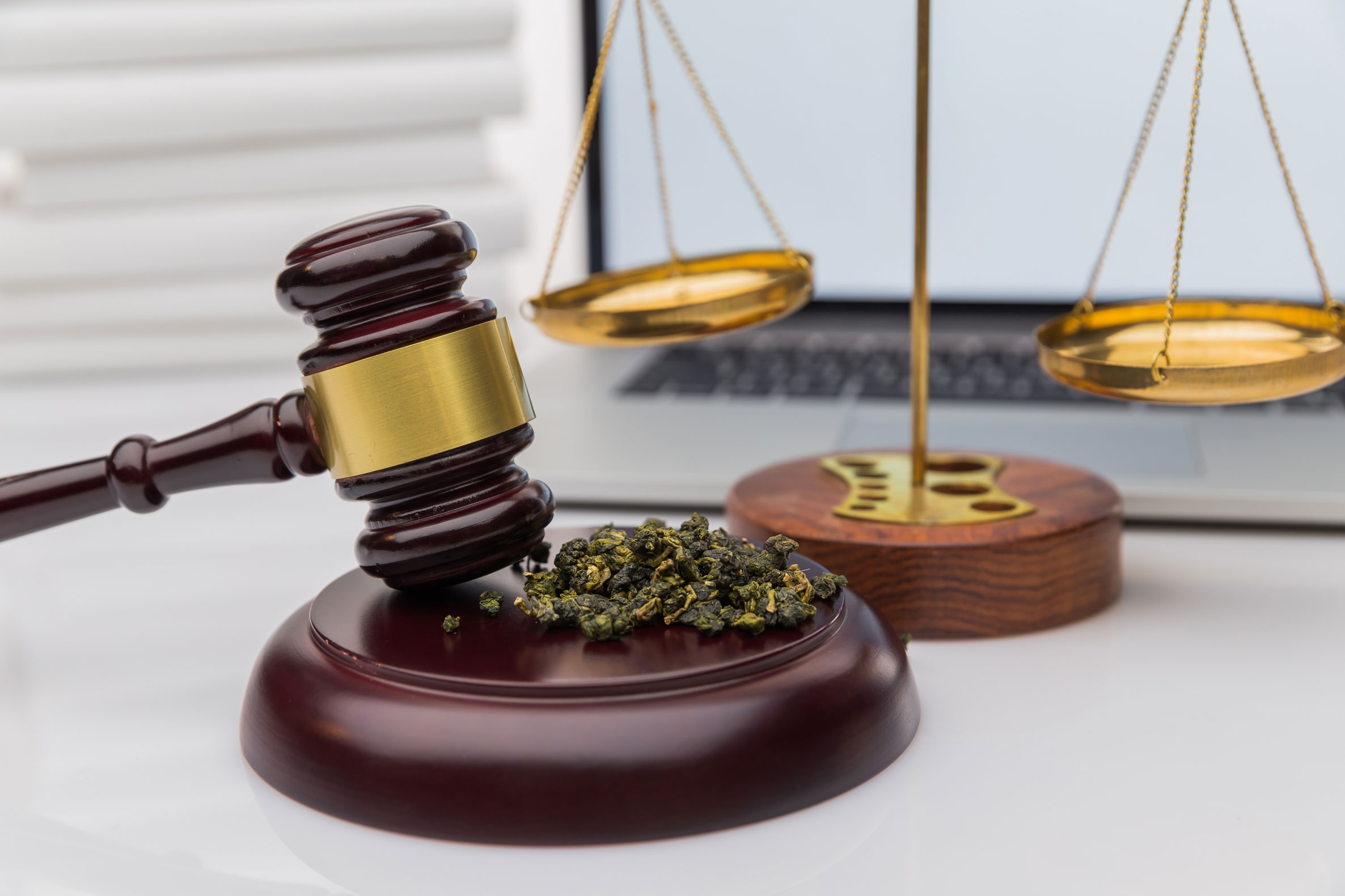
Yes, California has made recreational use of marijuana/cannabis legal, with simple possession of up to 28.5 grams permitted to all adults over 21 years old. Cannabis for medical use is also legal, and there is no limit to the quantity you can possess as long as you carry a valid prescription.
Nonetheless, you can be charged with a misdemeanor if there’s possession with intent to sell the marijuana. The fines will range from $100 to $500, although you can avoid jail time by accepting drug counseling and community service in some cases.
And there are three ways in which marijuana possession can lead to a felony unlawful possession charge.
- There are two prior misdemeanors for a drug crime on your record.
- There are prior convictions of a sex crime, violent, or other serious felonies in your record.
- You were trying to sell cannabis to a minor.
Types of Felony Drug Possession Charges in California
Most drug possession is an infraction and misdemeanor, with felony charges applicable in certain cases.
In California, the passing of Proposition 47 in 2014 made simple possession of a controlled substance a misdemeanor crime in most cases. Notwithstanding, a misdemeanor can actually have some serious long-term consequences. Even under Prop 47, you could potentially be sentenced to up to a year in prison, depending on the amount and type of controlled substance, and even receive felony charges in certain circumstances.
Possession of a controlled substance is strictly forbidden without a valid prescription and within the prescribed quantity. These are two common defenses for avoiding consequences when caught with drugs like Vicodin or cannabis, but not with others like cocaine and ecstasy.
Felony drug possession comes after determining that the type of substances and the quantity merits a felony. Illegal possession can be charged as a felony if the defendant has a prior conviction or if it was an unlawful possession with intent on selling.
Most felony convictions for unlawful possession of a controlled substance are made when the substance is a narcotic drug and either a Schedule I or Schedule II substance, meaning when the narcotic drug is cocaine, heroin, ecstasy, or even Vicodin (hydrocodone) without a prescription.
While simple possession of these drugs isn’t always an automatic felony charge, they can be felony drug charges when combined with the following:
- Intended to sell a controlled substance to a minor.
- Having two previous drug misdemeanor convictions.
- Or having a previous drug, sex crime, or felony conviction in your record or having simple possession while carrying out another serious felony.
Penalties in Felony Drug Possession Cases
- A charge of simple possession will mostly be treated as an infraction or misdemeanor crime. If it’s a misdemeanor, there’s a possibility of a year of jail time and a fine of $20,000.
- A felony drug possession can be punished by up to four years in county jail and $20,000, with some aggravating factors possibly increasing fines to larger amounts.
Possession for sale of a controlled substance
Section 11351 of the Health and Safety Code makes possession for sale of an illegal narcotic drug punishable by up to four years in prison and a $20,000 fine.
Average Bail for Felony Drug Possession
Felony Drug Possession in the California Health and Safety Code, Section 11350, and initial bail is set on the bail schedule at $20,000 to $50,000.
You need an experienced bail bond agent that specializes in drug possession defense
The bail bond process for a felony drug possession charge is serious without expert help at your side, as the standard bail for a felony drug possession is $20,000 to $50,000. Nonetheless, a bail bond company and a criminal defense attorney can aid you during this difficult time and help you and your loved one obtain that bail money.
Free Consultation & Case Review
Do you know someone who has been arrested for felony drug possession? Look no further because we are here to help. At Angel Bail Bonds, we work with experienced bail bondsmen and criminal defense attorneys to be your best option, even in cases where you need bail for felony drug possession. We offer flexible payment plans and affordable rates to make the bail process more manageable for you and your loved ones. If you have any questions about how bail laws and the bail bond process works in California or need assistance helping a loved one, don’t hesitate to call us today.
